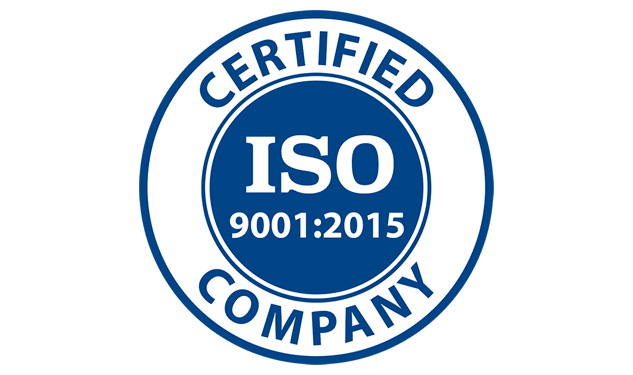A business quality management system [QMS] comprises documents, resources, planning, processes, and more. It helps to attain your determined quality goals. Companies achieve quality management system certification [ISO 9001] to reassure customers that they attain the best quality.
What’s ISO 9001?
It is a global quality management standard that can be applied to any business size or sector. The Global Organization for Standardization governs ISO across the world. ISO 9001 was created to make sure that products and services consistently fulfill customer requirements.
In Australia, third-party certification bodies are regulated by JAS -ANZ. It is an accreditation body governed by a review board and advisory council. If you want to attain global ISO Certification Australia, then Best Practice is the platform to visit. You can check their e-auditing process or approach them personally for more details!
Reasons Certification Matter
If you are wondering why ISO 9001 certification matters, here are some compelling reasons.
- For cost-effectiveness and efficiency – ISO 9001 is aimed at using best business practices, efficient processes, and updated technology. It even means you use less cash, enhance performance, and gain the best output.
- Focus on compliance – ISO 9001 certification requires a 3rd party organization audit. The third party makes sure that the company processes and systems are up to quality standards. If they find room for enhancement, they offer suggestions to enhance operations, in turn improving reputation and conversions.
- Gain a competitive edge – ISO 9001 Certified companies display their status in promotional and marketing materials. It enhances their credibility and offers a competitive edge over uncertified rivals in their niche.
How To Gain ISO 9001 Certification?
- DIY – You can plan your QMC to fulfill ISO 9001 standards.
- Template – Buy QMS template and adhere to the ISO 9001 requirements.
- Consultant – Hire a consultant, who can help in the certification process.
If you hire a QMC expert like Best Practice to obtain the ISO 9001 Certification in Australia, then your certification process is made easy. The pros make sure that required performance associated with ISO 9001 policy is adhered to. The consultant offers guidance and input, which ensures that QMS is easily understood. They even ensure the QMS process is feasible and does not clash with the related laws or regulations.
Stages of The Certification Process
ISO certifications are strategic tools businesses use to reduce waste, decrease errors, lessen workplace hazards, and improve productivity. The different stages of the certification process after initial consultation with certification experts are as follows.
Stage 1 – Gap Analysis
Your business is reviewed against ISO standard 9001. The areas that lack standards and need enhancement are identified to make obtaining certification easier. After the gap analysis, the consultant reviews the report with your management personnel. A gap analysis report helps with preparing compliance documentation.
Stage 2 – Documentation Drafting
Documentation drafting is a crucial stage in the process because documents are scrutinized in the review process. Highlights of the compliance goals and procedures associated with ISO 9001 will be defined in the documentation. As soon as the documentation is drafted, the JAS-ANZ accredited body like Best Practice will analyze it. The documentation is proof that your business is competent enough to gain an ISO certification reward.
Stage 3 – Develop a Management system
Based on your business needs and ISO 9001 certification, consultants develop a solid management system that ensures long-term compliance.
Stage 4 – Implementation
This is a lengthy stage where ISO needs are blended in your company. The consultant will help you speed up with implementation requirements like –
- Employee training
- Easing business risk
- Evaluating business planning
- Developing internal audit schedule based on risk
- Offering initial & consistent internal audit/s
- Facilitating management review meetings
When your business implements the required procedure, the QMS expert will perform your management system’s audit.
Stage 5 – Ongoing Audits and Improvements
Internal and external audits consistently ensure compliance with required standards of ISO certification. Ongoing audits are beneficial in detecting new opportunities and arising challenges. Certification guidelines fluctuate, so you can apply them quickly.
ISO 9001 certification will help your company increase its effectiveness, productivity, customer trustworthiness, and safety!
Follow Technoroll for more!






